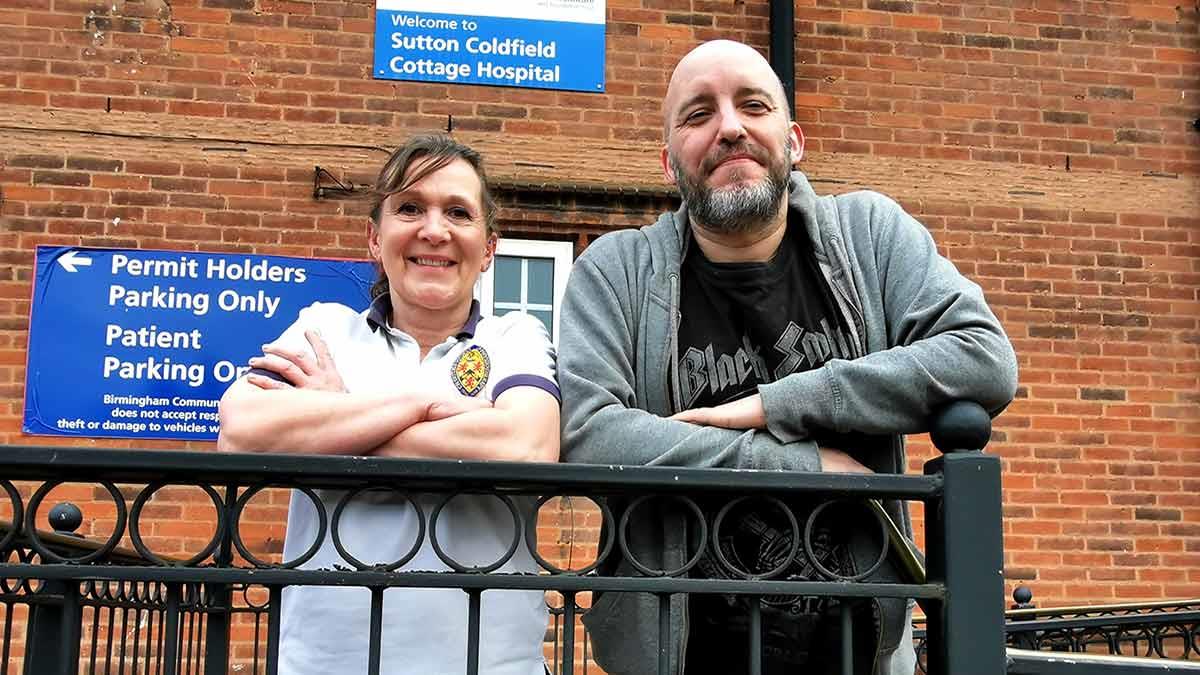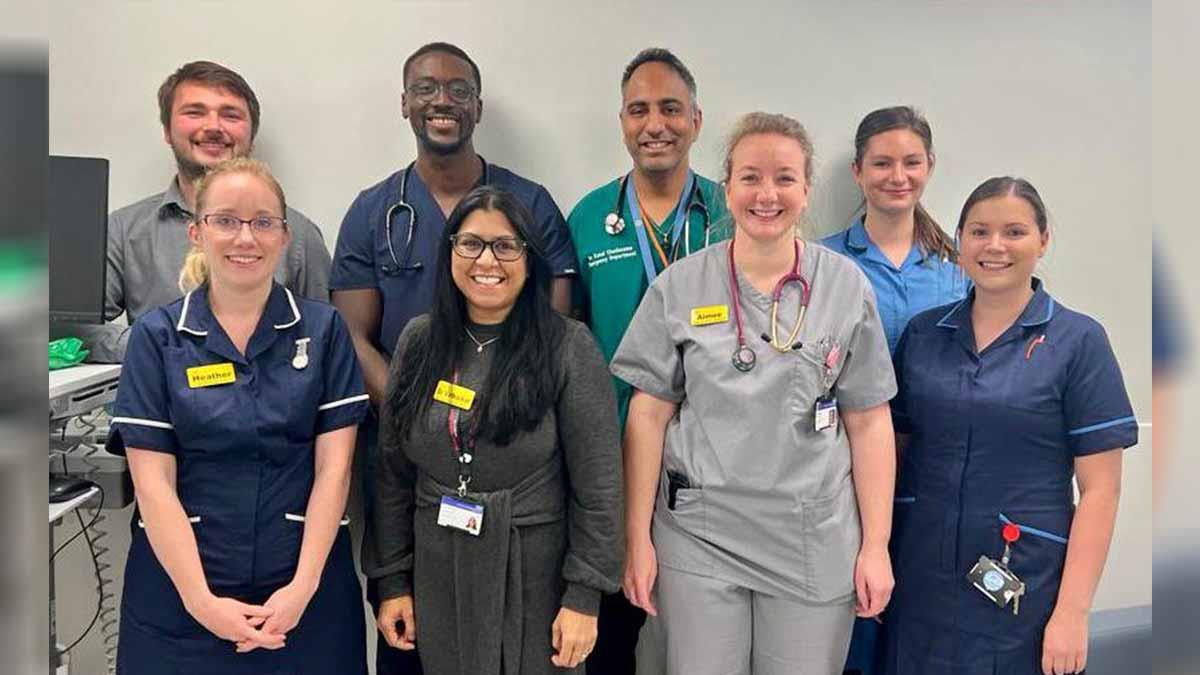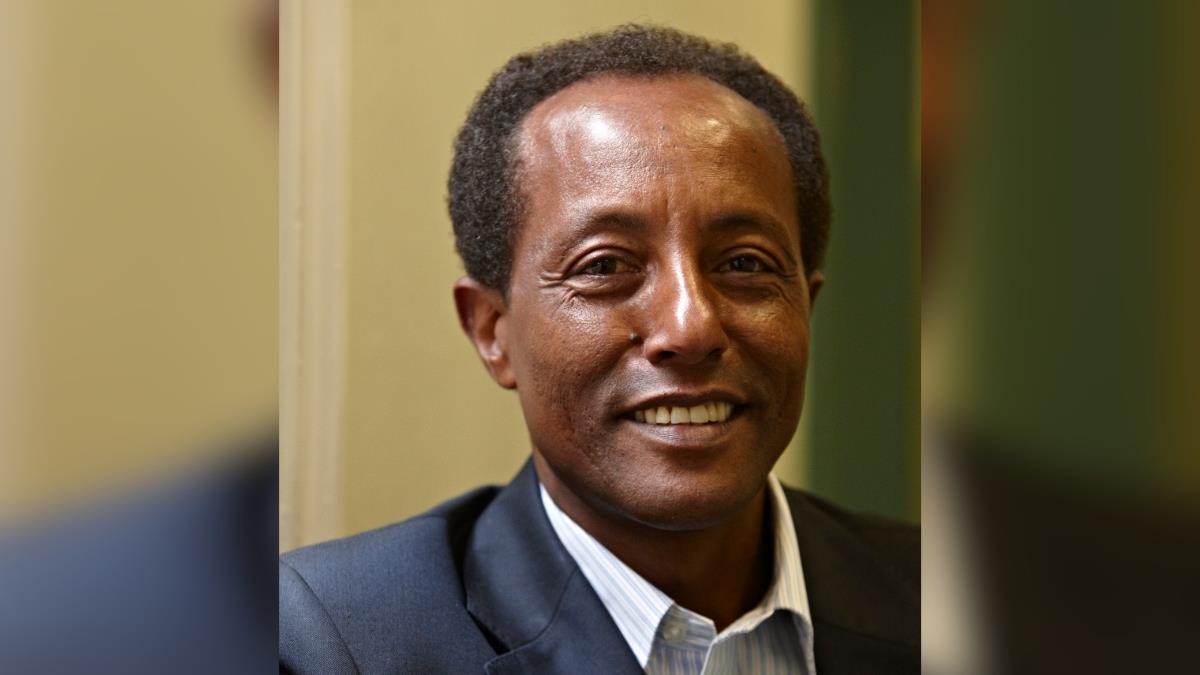New approach benefits long COVID patients
Published on 31/05/2023

Hundreds of patients with long COVID, or post-COVID syndrome, have been helped through a ground-breaking partnership which brought together community, hospital, and mental health clinicians to develop rehabilitation plans specific to each patient.
Through phone, video and outpatient clinics, Birmingham Community Healthcare NHS Foundation Trust supports patients referred by their GP, while University Hospitals Birmingham (UHB) supports patients who were hospitalised by COVID-19 infection, at an outpatient clinic at the Birmingham Chest Clinic.
Since its launch in 2021, more than 2,400 people who experienced long COVID symptoms have been helped, including school IT technician Graham White, who had COVID-19 twice.
Graham's GP referred him to the long COVID service and he underwent an initial online assessment via video link.
“The first time I knew something wasn’t right was when I noticed a ham salad sandwich tasted like petrol,” said the 43-year-old. “I was no longer testing positive for COVID, but I was still coughing, very chesty, and as for the brain fog!
“I was continually breathless. I felt absolutely exhausted, waking up tired and struggling to carry out the most basic physical activities.
“Initially, I had weekly video consultations with a physio, which were very insightful and calming - it can be a real struggle at home on your own, wondering if what you’re experiencing is long COVID or something else.”
Graham started with a course of breathing exercises, followed by face-to-face sessions to address musculoskeletal issues and some acupuncture, which helped reduce stress and anxiety.
He said: “I have fibromyalgia, so I had some awareness of what brain fog is like. But this was much worse. It would typically last for at least 15 seconds at random times - I had to learn to recognise it, remember my breathing techniques to stay calm, and wait for the ‘fog’ to clear a bit so I could focus.”
Graham’s rehabilitation journey has been life changing in more ways than one – because it has inspired a whole change of career direction, after he was accepted for nurse associate training at Queen Elizabeth Hospital Birmingham.
He said: “I’ve been very fortunate to have a really understanding and supportive employer as I’ve gone through this journey. But the switch to healthcare is something I’ve been thinking about for some time. Being a beneficiary of such care and expertise has given me the extra motivation I needed to go for it!”
UHB’s outpatient clinic is led by consultant Dr Nandan Gautam, who said: “During a time of great pressure and uncertainty, the whole team has worked incredibly hard, drawing on a wide range of experience and expertise to make a huge difference to the quality of life of hundreds of people. I believe that we’ve made a very compelling case for more of this sort of integrated collaborative working for a range of healthcare.”


